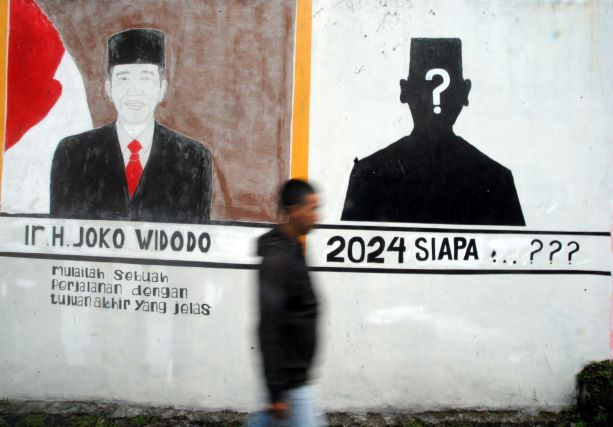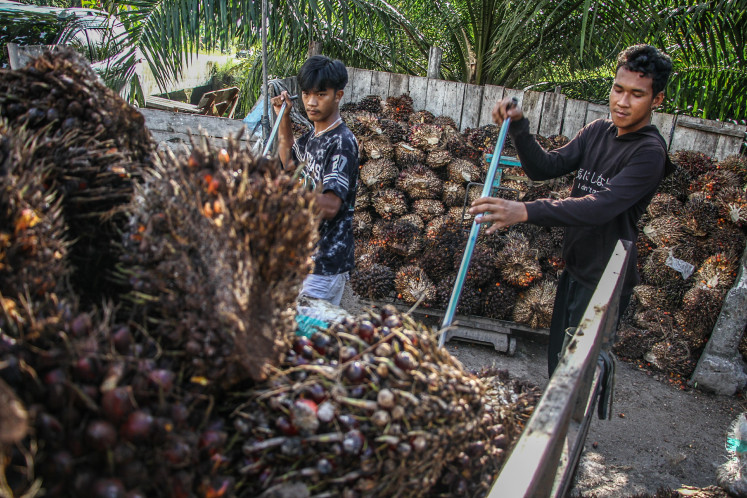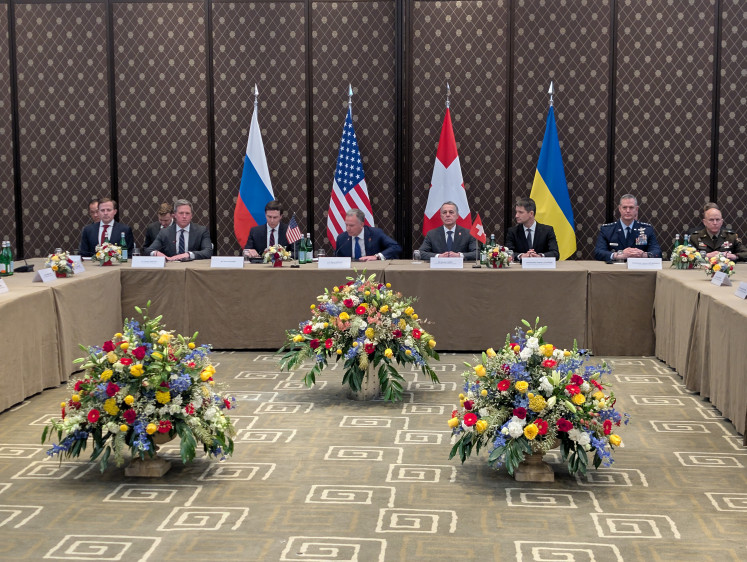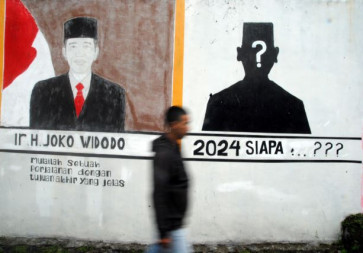Popular Reads
Top Results
Can't find what you're looking for?
View all search resultsPopular Reads
Top Results
Can't find what you're looking for?
View all search resultsWill Albanese’s unlikely victory be likely in Indonesia?
Looking ahead to the 2024 presidential election, the status quo looks to remain unchanged, as all the potential leading candidates are Javanese or of Javanese descent.
Change text size
Gift Premium Articles
to Anyone
A
nthony Albanese’s emotional victory address last month was quickly picked up by a number of Indonesian media outlets. While the framing of these outlets echoes Albanese’s unlikely success in breaking the status quo of Australian politics due to his non-Anglo-Celtic background, their wish for the same to occur in Indonesia is a mission impossible. This is because Indonesian politics has been closely linked to ethnicity, with the Javanese remaining the unchallenged players perhaps for the unforeseeable future.
Newly independent Indonesia was actually quite vibrant. In the 1940s and 1950s, for instance, Sukarno's prime ministers were more ethnically diverse. Things changed after Soeharto took office. Obsessed with the unity and uniformity of Indonesian national culture, Suharto suppressed regional expressions and appointed Javanese officials to occupy the majority of top national government positions, from civil administration to the military.
In the current post-Soeharto Indonesia, national leaders seem to be committed to paying closer attention to non-Javanese regions and cultures. This is evident in a number of infrastructure projects initiated by President Joko “Jokowi” Widodo in the outer islands of Indonesia. Jokowi also demonstrates his willingness to "de-Javanize" the Indonesian image by wearing non-Javanese traditional outfits at several official events. The present Reform era has also seen vice presidents from regions outside of Java, such as Jusuf Kalla (South Sulawesi) and Hamzah Haz (West Kalimantan). This only happened once during Soeharto’s New Order regime when Adam Malik of North Sumatra became vice president in 1978.
Despite the progress, the status quo that the Javanese ethnic group rules Indonesian politics in Jakarta and beyond will likely remain in place for years to come. The reason is that Indonesian voters tend to consider politics a personal matter and place a special emphasis on ethnicity — besides religion and ideology — instead of policies.
On many occasions, voters chose someone they were close to either biologically, ethnically or ideologically. Therefore, it is not surprising if a candidate will always win in a region where he or she comes from or in which the population comprises an ethnic group of his or her own.
Jokowi reaped huge success in all Java provinces in both the 2014 and 2019 presidential elections. Lampung is included in this list. Although the province is not located on Java Island, the Javanese are the majority population. In the 2014 election, Jokowi also won with a high margin in South Sulawesi, his running mate Kalla’s hometown. Meanwhile, Prabowo championed in his province of residence, West Java, in 2014 and 2019. In 2014, he was victorious in South Sumatra thanks to his South Sumatran pair, Hatta Rajasa. Five years later, he defeated Jokowi in Riau, a Sumatra region where his vice-presidential candidate Sandiaga Uno originates.
If one thinks that this is just a matter of coincidence, regional elections may offer another convincing piece of evidence. In the 2020 gubernatorial election in Jambi, all the three candidates, who were then also regents, won in their respective regencies. In Tebo regency, the battle was even fiercer.



















